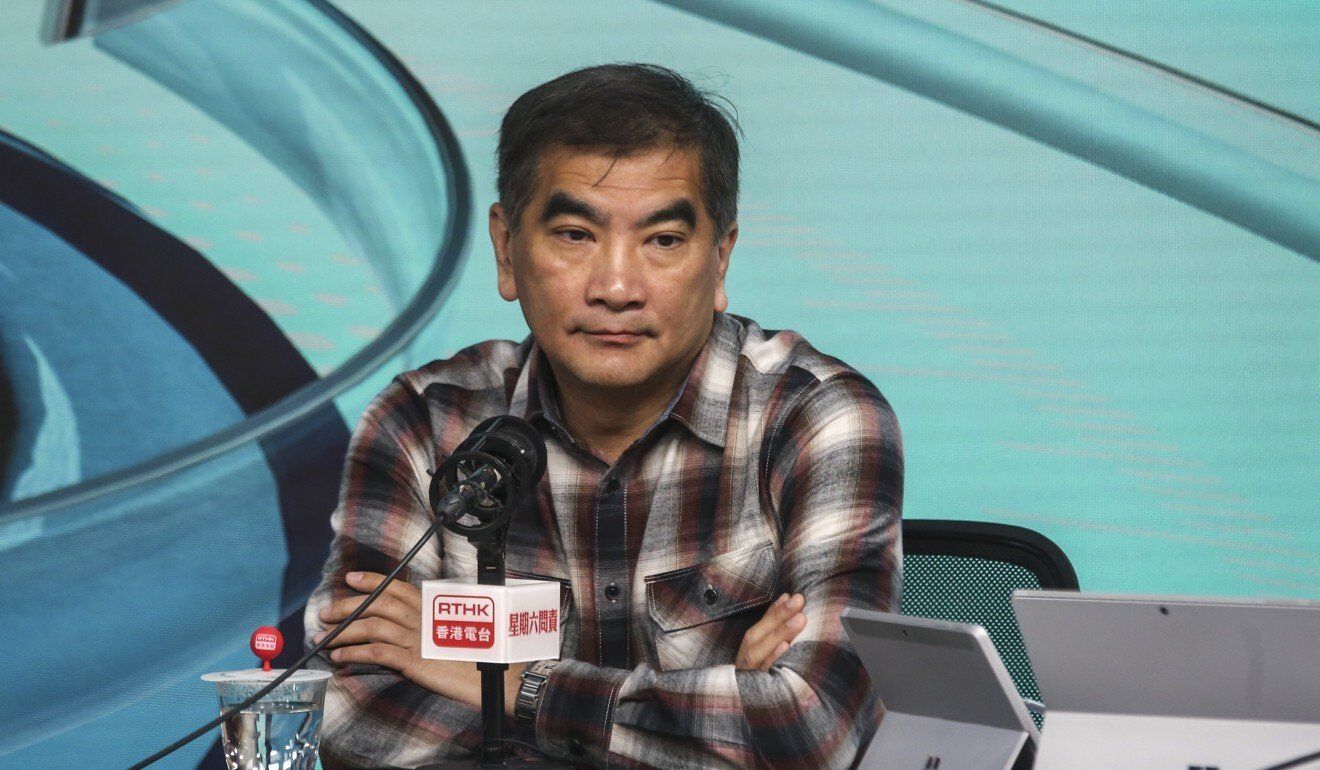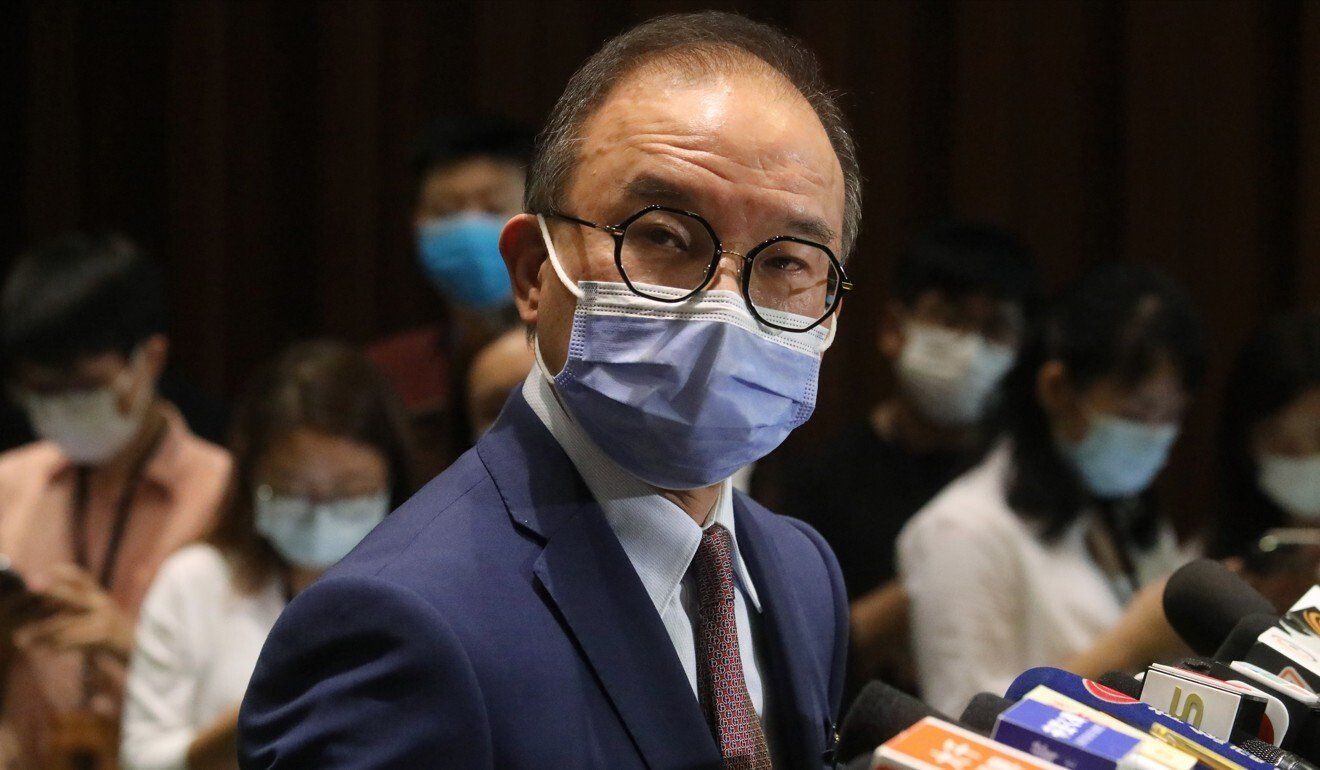Hong Kong News

Hong Kong elections to proceed this year but official in dark over format
The Hong Kong official overseeing the city’s elections has confirmed the delayed Legislative Council polls will go ahead as planned this September, but admitted he does not know the format at this stage because Beijing is considering reforms.
Secretary for Constitutional and Mainland Affairs Erick Tsang Kwok-wai on Saturday said the local administration would wait for the central government to reach a decision on changes to the city’s electoral systems, and then work closely with Beijing officials to implement them.
Tsang said it was correct for the central government to be the driving force of reform, as he cited the latest speech made by Xia Baolong, the head of the State Council’s Hong Kong and Macau Affairs Office. Xia declared on Monday there was an urgent requirement for a fundamental revision of Hong Kong’s electoral systems.
“People who were not truly patriotic had entered the system after elections and caused chaos,” Tsang said.
“Without doubt, the central government should take the lead and improve the system. Beijing accepts people who have different political views, but they cannot undermine the socialist system.”
He said the bureau did not know the details of how and when Beijing planned to change the local electoral system, but the administration would “fully cooperate” with the central government once it had made the decision.
If necessary, he added, the local government would also introduce new laws.
Asked if future candidates had to love the Communist Party, Tsang said they should at least accept and respect the party.
China’s Constitution states that socialism is the country’s fundamental system, of which Communist Party leaders are an essential feature, according to Tsang.
The Legco elections were scheduled for September last year until city leader Carrie Lam Cheng Yuet-ngor announced they would be postponed for a year, citing the coronavirus pandemic. Tsang said the government still aimed for the elections to be held on September 5 this year.
 Lawmaker Felix Chung of the Liberal Party.
Lawmaker Felix Chung of the Liberal Party.
On Monday, Xia made clear that the city’s administrative and electoral systems needed to be changed to ensure only “patriots” held key positions in all three branches of government – the executive, legislature and judiciary – as well as statutory bodies.
Tsang unveiled draft legislation on Tuesday that would bar lawmakers and district councillors from contesting elections for five years, if they were disqualified for improper oath taking or failing to uphold the Basic Law, the city’s mini-constitution.
Under the proposed law, lists will be drawn up to define what does and does not constitute acts upholding the Basic Law, while a similar exercise will be held to determine whether politicians have fulfilled the requirements for bearing allegiance.
 Secretary for Constitutional and Mainland Affairs Erick Tsang.
Secretary for Constitutional and Mainland Affairs Erick Tsang.
Tsang said the amendments were not singling out district councillors, given the city’s leader, principal officials, Executive Council members, lawmakers and judges were already required to take an oath of office. The proposed legislation was simply extending oath-taking requirements to district councillors, Tsang added.
Once the amendments were passed, arrangements would be made for district councillors to take the oath as soon as possible, he said. He said district councillors’ past conduct would be taken into account when determining whether they satisfied the mandatory oath-taking requirements.
Pro-establishment Liberal Party leader Felix Chung Kwok-pan said the local government was totally passive in the current situation, as the central government had decided to exercise “overall jurisdiction” over Hong Kong.
“The government simply does not know whether the elections can be carried out as scheduled. They have to wait for Beijing’s instructions,” he said. “Tsang is just being very honest to tell you that he does not have any clues.”
Chung believed all eyes would be on the annual plenary sessions of the Chinese People’s Political Consultative Conference and the National People’s Congress in Beijing early next month, when issues related to electoral systems were expected to be discussed.
Once decisions on those matters were made in Beijing, the local government would take them forward, Chung said.
Lo Kin-hei, chairman of the Democratic Party, said he was surprised that the minister overseeing elections had no clue about how they would proceed.
“I am concerned that the public might be mistaken by Tsang’s note and believe ‘one country, two system’ principle no longer exists,” he said. “He is basically telling us Beijing controls everything and the local government has no say.”
Lo said his party was still adopting a wait-and-see attitude on whether to take part in the elections.











